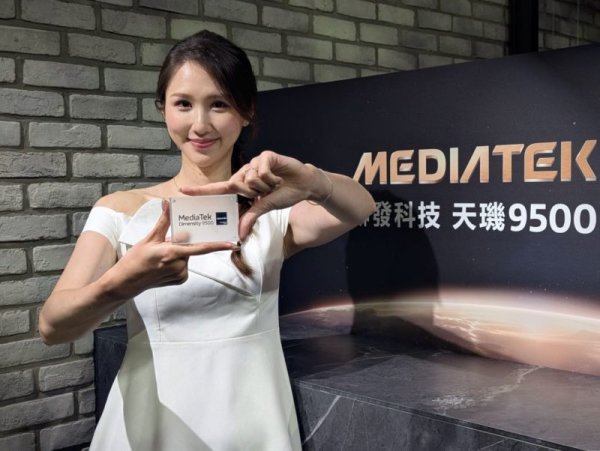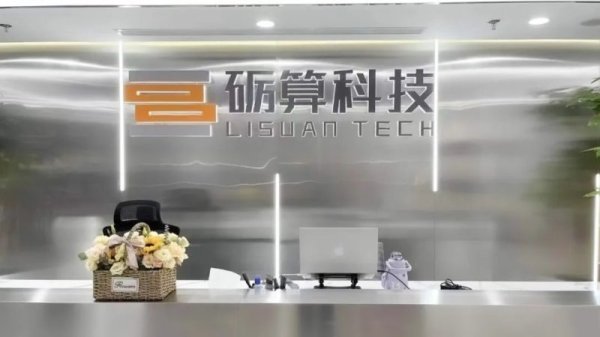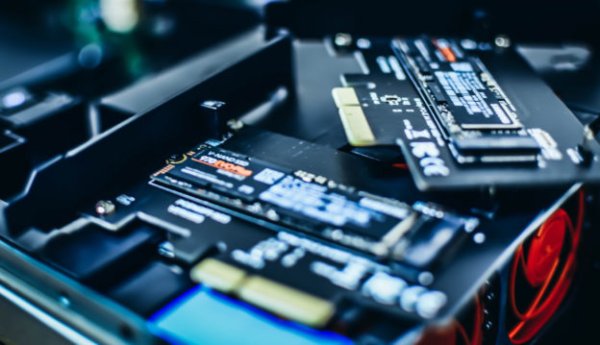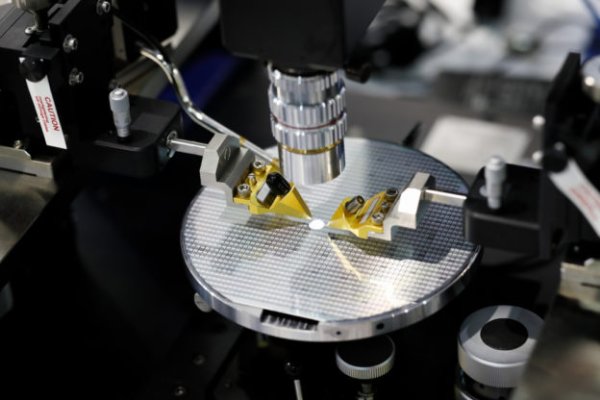Guo Mingchi: Samsung has obtained Tesla chip orders, but it is the worst result.
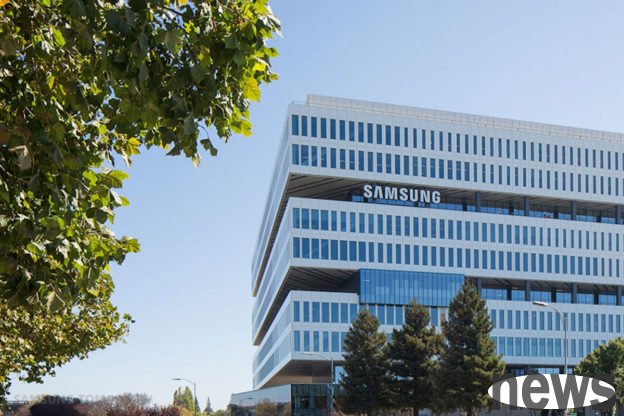
After Samsung reached a USD 16.5 billion chip foundry agreement with electric vehicle manufacturer Tesla, Guo Mingchi, a well-known analyst at China Securities, posted a post on X to share his views on Tesla AI6 chips and Samsung's final foundry orders.
First of all, Guo Mingchi believes that AI6 chips are both good opportunities for Mask and Tesla. Because they participate in the wafer foundry business at low cost and improve chip design capabilities, there will be no such opportunity for the order of tbs. After getting familiar with the process, Tesla can also control the price and rights with the GRF manufacturer. It will only use more advanced chips in the Mask industry. It is an advantage to master more core chip manufacturing technologies in the long run.
Tesla's 2027 mass production of AI6 chips, with Samsung 2 nanometers (SF2). The current yield of SF2 is 40%~50%, which is more than 70% of Telco N2, and 50%~55% of Intel 18A. Guo Mingchi said that Mask's execution ability is unquestionable, and SF2 adopts SF3's GAA (circular slicing transistor) is beneficial to mass production. But it is still difficult to predict whether the SF2 AI6 chip can be produced as expected.
If AI6 production is not as good as expected, the worst situation for Tesla is to transfer orders back to Taiwan power and bear the impact of AI6 chip tickets. However, Tesla's AI advantages should reduce the risk of AI6 delays, and Mask and Tesla can still benefit from improving chip design capabilities and chip manufacturing progress.
There will be no worse results for Samsung, so you might as well try it. Guo Mingchi said that the cooperation is risk-controllable for both parties, and if successful, both parties will also benefit. If AI6 chips are successfully produced, Mask will have advantages in chip design and manufacturing competition. Samsung does not have to advance the process to catch up with Taiwan power, but at least it has explored a new business model that allows customers to participate in manufacturing.

